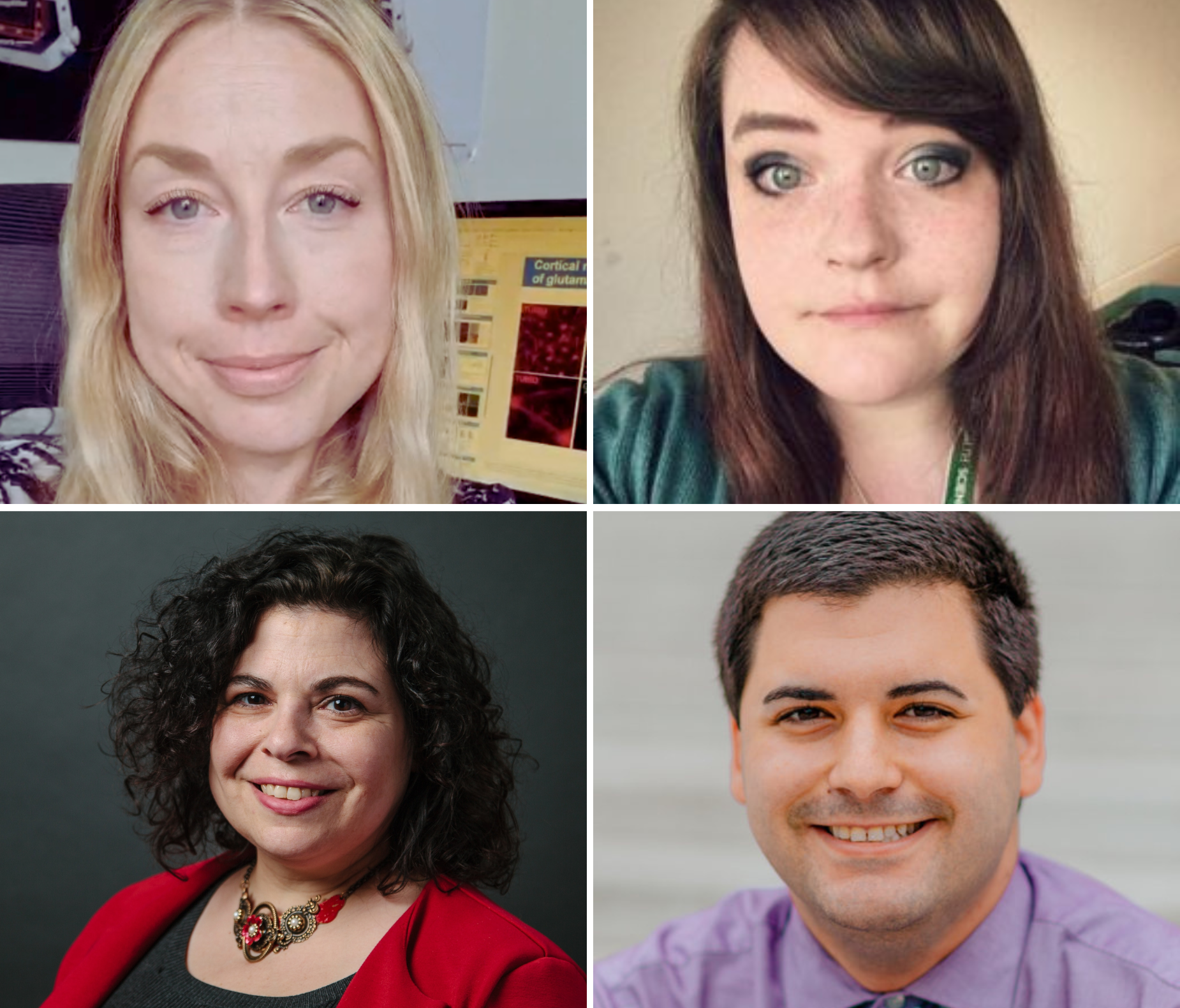Brown Hall 1-2, Allianz MiCo, Milan
IN06 ALBA Diversity & Inclusion Session
Virtual & In-person
Times are CEST
Mental health and neurodivergence in academia: overcoming the obstacles
Academia has undergone substantial changes over the last decade, with universities becoming more business-like. This has resulted in a higher demand for results, increased job insecurity and a lack of work-life balance, with academics experiencing higher stress than the wider population. A landmark survey published in 2018 found that 41% PhD students reported moderate to severe anxiety, and 39% reported moderate to severe depression. These levels are six times higher than in the general population, revealing that academia is in the grips of a mental health crisis. Additionally, ~15% students identify as neurodiverse, which comes with its own unique set of challenges and opportunities when working in research. This session, run by the ALBA Network Disability & Accessibility working group, aims to raise awareness and encourage open discussion on mental health and neurodiversity in the academic setting, as well as explore ideas on how to improve the current situation.
Firstly, clinician scientist Zachary Williams will give an overview of mental health and neurodiversity in academia. Amy Zile will then present data from her thesis looking at issues surrounding openly talking about mental health diagnoses in post-graduate research settings, and recommendations for improvement. Lastly, neuroscientist Georgia Hodes will talk about her personal story of working in research whilst dealing with major depressive disorder. The session will finish with an interactive panel discussion, whereby the audience can ask questions and provide their own ideas of what can be done to make academia more inclusive of mental health and neurodiversity.
Chairs & Panelists
- Rhiannon McNeill (University Hospital Würzburg, Germany) - ALBA Ambassador & Co-Chair of the ALBA Network Disability & Accessibility working group
- Zachary Williams (Vanderbilt University School of Medicine, US)
- Amy Zile (University of East Anglia, UK)
- Georgia Hodes (Virginia Polytechnic Institute and State University, US)
Programme
13.55-14.00: Welcome and introduction by Rhiannon McNeill
14.00-14.10: Current overview of mental health and neurodiversity in academia by Zachary Williams
14.10-14.20: Understanding postgraduate research students’ disclosure of mental health challenges by Amy Zile
14.20-14.30: Researching depression from within by Georgia Hodes
14.30-14.40: Q&A with the audience

Current overview of mental health and neurodiversity in academia
Dr. Zachary J. "Zack" Williams is an autistic and multiply neurodivergent autism researcher, psychiatric neuroscientist, and trainee psychiatrist currently in his final year of MD/PhD training at the Vanderbilt University School of Medicine. He is the former chair of the International Society for Autism Research (INSAR) Autistic Researcher's Committee, and he currently serves as the vice-chair of Autistic and Neurodivergent Scholars Working for Equity in Research (ANSWER), a part of the Autism and Intervention Research Network on Physical Health. Despite his early career stage, Zack has authored over 50 peer-reviewed publications in areas of autism and neurodevelopmental disorder research related to sensory neuroscience, psychophysiology, applied measurement/outcome development, co-occurring conditions, mood disorders, and suicidality. He is an internationally-recognized voice for autistic researchers within the academy and was named one of "40 under 40" rising stars in autism research by Spectrum News (now The Transmitter) in 2022.
His talk will center on neurodiversity in academia, bringing both a perspective as a psychiatric provider and his own personal experience as an autistic and neurodivergent researcher working in the field of neurodevelopmental disorder research (in both psychological/behavioral and biological/neuroscientific contexts). Furthermore, he will discuss the unique benefits that neurodivergent clinician-scientists can particularly bring to the field of neuropsychopharmacology.
Understanding postgraduate research students’ disclosure of mental health challenges
I’m Dr Amy Zile, I work as a Research Assistant in Optimising Wellbeing, and a Lecturer in Medical Education, Senior Adviser and Disability Liaison Officer in the medical school at the University of East Anglia. I completed my PhD which was focused on student mental health, particularly of PhD students. I have worked closely with the Student Mental Health Research Network in the UK as an ECR Group Facilitator, and on the SMaRteN funded project 'Who Cares?' which focused on the wellbeing of students with caring responsibilities. I also work for the mental health charity Student Minds as part of the University Mental Health Charter, previously serving on the charity Policy Panel, Student Advisory Group and as a volunteer during my undergraduate degree.
This lecture will present the results of a doctoral thesis conducted with UK Postgraduate Researchers (PhD students), exploring their mental health, neurodivergence and management of these alongside their doctoral studies. Postgraduate research student (PGR) mental health is a growing area of interest to Higher Education Institutions (HEIs) and researchers, and has important implications for PGR wellbeing, success, and attrition. To understand how universities and supervisors can enable PGRs to disclose their mental health status and seek support when needed, we need to understand what HEIs are doing currently, and experiences of PGRs and supervisors. The experience of doing a PhD can have substantial impact on the mental health of PGRs (both positive and negative) and PGRs are reluctant to talk about mental health due to the importance of the supervisory relationship, and impact on supervisory perceptions. Supervisors felt ill-equipped to encourage and support disclosures, whilst institutions expected them to support the mental health and pastoral needs of their PGRs. HEIs are not adequately recognising, rewarding, or work-loading the complex and valuable role that supervisors play in PGR success. Both supervisor and student perspectives on disclosure, mentally healthy universities and improving support for academics will be explored.
Find our session on the ECNP Congress website here.
This session is part of the 37th ECNP Congress. More information and registration here: https://www.ecnp.eu/congress2024/ECNPcongress

This event is supported by ECNP



